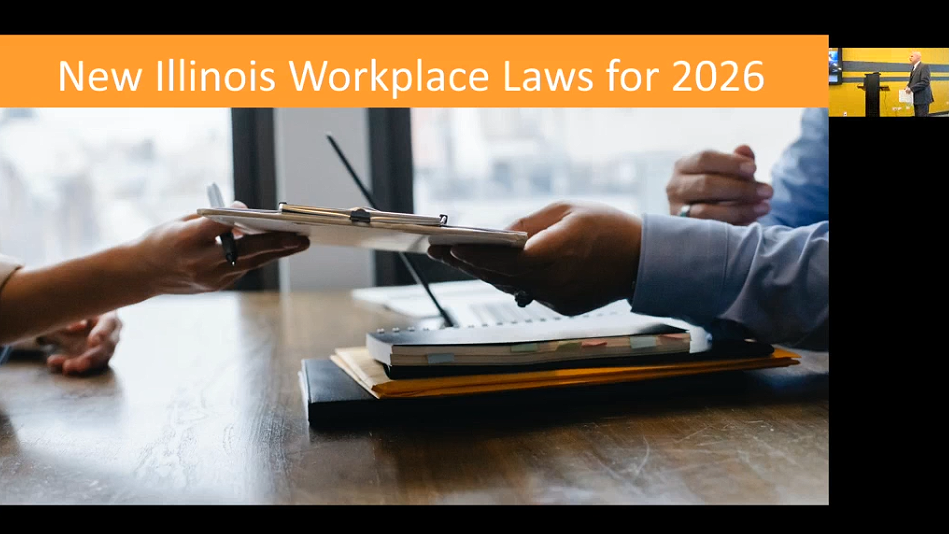Tim’s Tax News on the Tenth – March 2024
IRS Issues News Release to Debunk Myths about Receiving a Form 1099-K

This month the IRS released a news release trying to resolve confusion over the reporting requirements related to Form 1099-K, Payment Card and Third Party Network Transactions. The Form’s use has been the subject of much misinformation, so without further ado here is the list:
1099-K FACTS vs MYTHS
Myth: People will get a Form 1099-K from friends and family sending them personal payments.
Fact: Payments from friends and family should generally not be reported on a Form 1099-K. Form 1099-K reports payments for goods or services and should not report personal payments like rent, dinner, travel, and other gifts or reimbursements gifts, no matter the amount. Generally, in payment apps, the default is personal payments unless the sender designates that they are purchasing goods or services, or it is designated a business account.
Myth: If taxpayers did not receive a Form 1099-K, they do not have to report income.
Fact: According to federal law, all income is taxable unless it is specifically excluded by tax law. Taxpayers should report any profits from selling goods or services, regardless of if they receive a Form 1099-K.
Myth: Individuals will not get a Form 1099-K if they sold goods or services under the $20,000 and 200 transactions payment threshold set for 2023 and previous tax years.
Fact: The 2023 federal reporting threshold of over $20,000 and 200 transactions is a reporting requirement, but companies may still send a Form 1099-K for goods or services payments that are less than that amount. Payment apps and marketplaces that have held backup withholding for a payee during calendar year 2023 must file a Form 945 and a Form 1099-K. Also, their state may have a lower reporting threshold, which could result in receiving a Form 1099-K, even if the total gross payments they received in the year did not exceed the federal reporting threshold.
Myth: Taxpayers owe taxes on the gross amount reported on the Form 1099-K.
Fact: The form provides the gross or total amount of payments individuals got per app or marketplace. Just because a payment is reported on a Form 1099-K does not mean it is taxable. Taxpayers will need to use the form and other records to determine their actual tax liability when they file their tax return. More information is available to help determine an individual’s tax obligations at IRS.gov What to do with Form 1099-K.
Myth: People can only get a 1099-K if they are running a business.
Fact: People may receive a Form 1099-K from payment apps or online marketplaces they used to sell goods or services, or accepted payments from a bankcard. See Form 1099-K FAQs on Fact Sheet 2024-03PDF for more information.
Myth: People do not need to do anything with their Form 1099-K.
Fact: Individuals should use the information on the Form 1099-K with their other tax records to determine their correct tax owed. See Understanding your Form 1099-K and visit the Form 1099-K frequently asked questions for more information.
Someone who receives a Form 1099-K when they should not have should take these steps.
If you would like more details, please do not hesitate to call our office. Our office has been successful in helping taxpayers with IRS and IDOR collection problems for over 30 years. If you have a tax or debt problem, please contact me at 847-705-9698 or thughes@lavellelaw.com and find out how we can help you.
Are you receiving the Lavelle Law eNewsletter? Sign up today and receive valuable updates and perspectives on a wide range of legal issues: http://goo.gl/pjeJkm
More News & Resources
Lavelle Law News and Events











